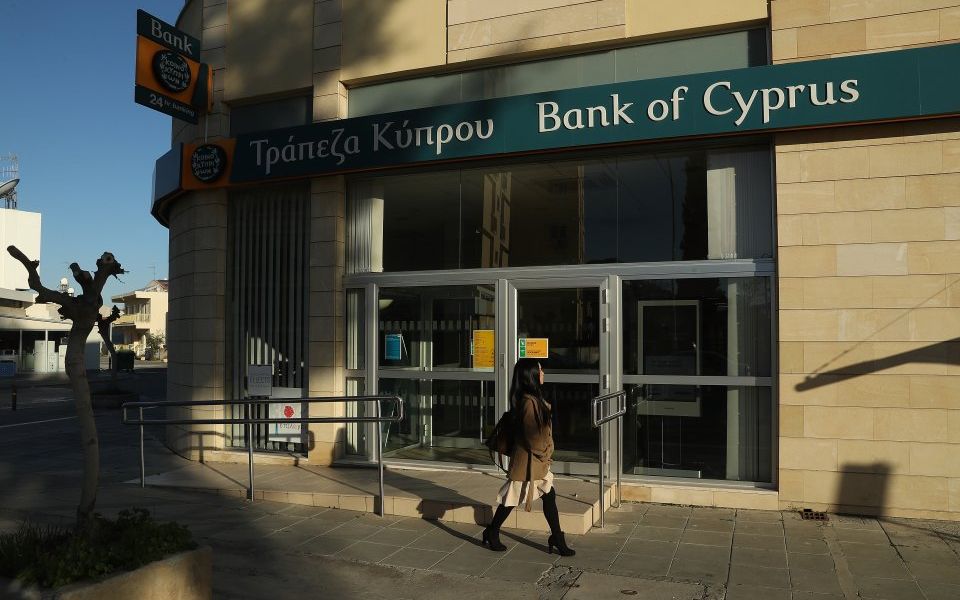Bank of Cyprus sells €2.8bn of bad loans to Apollo

Bank of Cyprus Group has agreed the sale of €2.8bn (£2.5bn) in bad loans to US private equity giant Apollo in a deal that the bank – laid low by the Eurozone crisis – said will be “transformative”.
Apollo, which manages assets worth $270bn (£209bn), will pay €1.4bn for the non-performing loan (NPL) portfolio – known as “Project Helix” – of mortgage lending to more than 14,000 companies. Bank of Cyprus will gain 48 cents for every euro in gross book value.
The deal marks another milestone in the recovery of the Cypriot bank, which was forced to bail in depositors to avoid collapse in 2013. Shares in the London-listed bank rose by more than four per cent today.
Since its near collapse the bank has slowly made its way back, with former Royal Bank of Scotland banker John Hourican leading the lender’s restructuring. Hourican will stay on until the end of 2020, the bank also announced today.
The Helix transaction is the latest sale by the bank as it looks to reduce its balance sheet and focus on its core operations of lending in Cyprus. It sold its UK subsidiary, now known as Cynergy, in July for £203m.
The servicing of the Helix loans will be taken out of Bank of Cyprus’s hands after a transitional period, although the timing has yet to be decided between the two sides.
Hourican said: “This is a transformative sale for the Bank and is the first meaningful corporate and SME [small and medium-sized enterprise] NPL trade in Cyprus.”
He added: “Since 2014, we have focused on decreasing our stock of NPLs and improving the asset quality of the bank, and today’s transaction is a significant step forward on our journey of de-risking the balance sheet and enhancing our capital position.”
The deal, which is contingent on acceptance by the European Central Bank, the Eurozone’s banking supervisor, will lower the bank’s non-performing exposure ratio by 10 percentage points.
The bank also announced a €220m capital raise which will boost its tier one capital ratio, a key measure of balance sheet strength. A “small number of institutional investors” backed the capital raise, the bank said.
Morgan Stanley, KPMG and Alantra Corporate Portfolio Advisors International acted as financial advisors on the deal, with legal advice from Allen & Overy, Chryssafinis & Polyviou, and Ashurst.